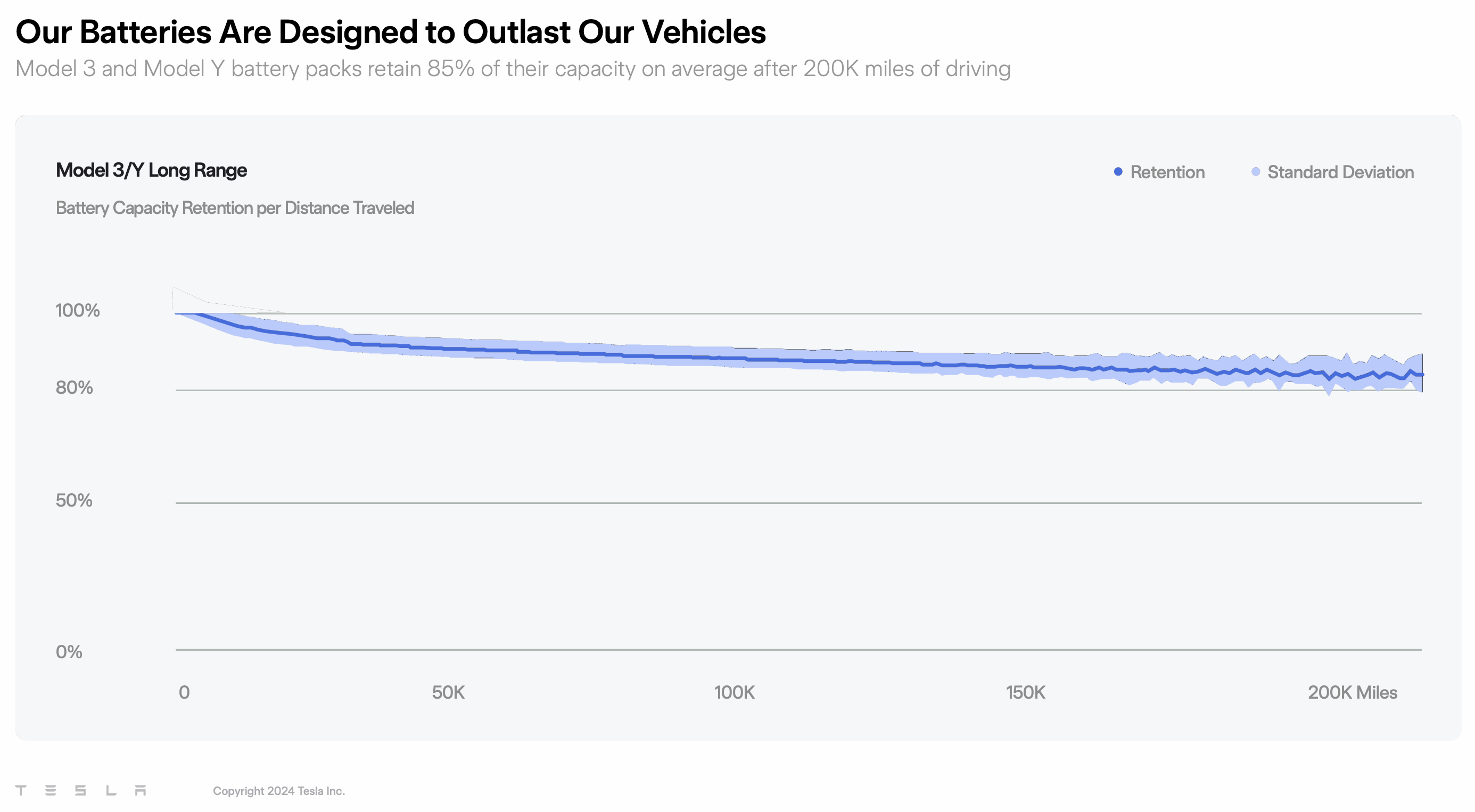
By Jason Clemens & Milagros Palacios, Fraser Institute
The evidence is mounting about how poorly Canada’s economy is performing, particularly its private sector, which should worry all Canadians regardless of their political or philosophical predispositions. After all, even if a person prefers a much larger government sector, you must understand that the resources spent by government must first be produced by the private sector. A poorly performing private sector squeezes all parts of the economy including government.
A recent study by Philip Cross, former chief economic analyst at Statistics Canada, found that over the last decade growth in per-person GDP, a broad measure of income, is at its lowest level since the 1930s and the Great Depression. According to Cross, the main reason for Canada’s poor performance is the decline in private-sector business investment since 2014 and flatlining exports.
The prospects for the future are equally dismal. A study by the Organisation for Economic Cooperation and Development (OECD), for instance, projected that Canada would rank dead last among industrialized countries for per-person GDP growth through to 2060. This means countries such as Estonia, Korea, New Zealand, Slovenia and Turkey are expected to have higher living standards than Canada by 2060.
Moreover, a recent analysis of private-sector business investment in Canada and the United States—again, a key driver of income gains and living standards—found that from 2014 to 2021, the most recent year of available data, business investment (inflation-adjusted and excluding residential investment) in Canada declined by 16.6 per cent while it increased by 19.9 per cent in the United States.
The results are even worse when adjusted for the number of workers. Business investment (inflation-adjusted) per worker in Canada decreased by 20.0 per cent while it increased by 14.6 per cent in the U.S. Put differently, in 2014, Canadian businesses invested about 79 cents per worker (for every dollar invested in the U.S.) but by 2021 that number had dropped to just 55 cents.
Another indicator of Canada’s failing private economy is job creation. Between 2014 and 2022, the latest year of available annual data, Canada’s population grew by 9.4 per cent yet private-sector employment (including self-employment) grew by a paltry 8.4 per cent. At the same time, government employment (federal, provincial and local) grew by 20.3 per cent, with federal employment alone growing by 30.7 per cent.
Finally, to further understand how the private sector in Canada is performing compared to the government sector, a recent analysis compared employment income in different cities, particularly capital cities where the government sector dominates. The results are telling.
First, the Canadian city (metropolitan area) with the highest median employment income in 2019 (pre-COVID) is not Toronto, Montreal, Calgary or Vancouver but Ottawa-Gatineau, home of the federal government.
Second, provinces with major commercial centres outside their capitals provide even more evidence of the problem. Edmonton’s median employment income ($45,470) was higher than Calgary ($43,870), and Regina ($43,760) was well above Saskatoon ($39,940). Quebec City ($41,290) was also well above Montreal ($36,660). And in New Brunswick, Fredericton ($37,110) was above both Saint John ($36,060) and Moncton ($35,640).
Simply put, in Canada today the government sector is thriving while the private sector, which provides the resources for the government sector, is struggling and indeed grossly underperforming relative to our potential. To increase the living standards of Canadians, governments across the country must change course immediately and focus squarely on economic policies that will increase growth in per-person GDP.
Share This:






